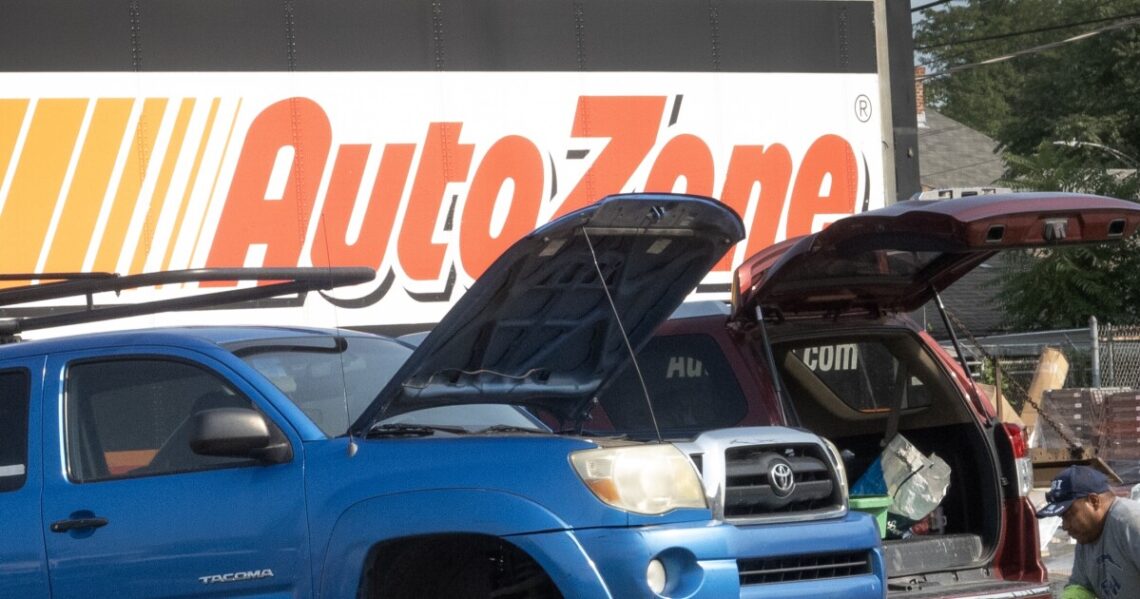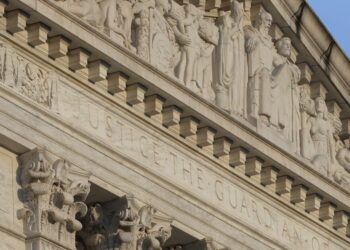A slew of new tariffs, including some specific to vehicles, have many Americans reassessing their plans to buy a car — moving them up to take advantage of today’s tariff-free pricing, or reevaluating whether they want a new car at all, given the economic uncertainty.
President Trump has recently floated the idea of a temporary pause on the 25% tax on imported cars, as a reprieve for automakers.
But even if he goes ahead with that idea, tariffs will still affect the auto industry. And deciding not to purchase a new car won’t fully insulate drivers from price changes, either.
That’s because tariffs are pushing up the prices of parts — so the cost of maintenance and repairs are also poised to rise. And when repairing cars gets more expensive, so does something else: auto insurance.
“These tariffs are going to affect everybody who owns and operates a car,” says Jessica Caldwell, the head of insights at the automotive data company Edmunds.
Repair and maintenance costs will rise
Right now, there’s a 25% tariff on imported new cars. There’s also a plan to impose a 25% tariff on at least some imported car parts, although the details aren’t finalized yet and that is not yet in effect. (Changes to one or both of those tariffs may be what Trump had in mind when he told reporters on April 14 that he was “looking at something to help some of the car companies.”)
But other tariffs are also affecting car parts, including tariffs on steel and aluminum, and a 10% baseline tariff on most imports, as well as a 25% tariff on goods imported from Canada and Mexico that don’t meet the requirements of the USMCA (United States-Mexico-Canada Agreement) trade deal.
Laurent Spence works at a NAPA auto parts shop in Desert Hot Springs, Calif., and…
Read the full article here







